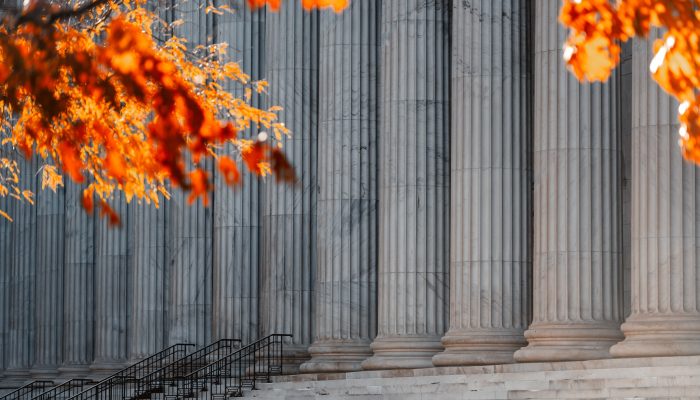Five of the eight Iowa counties with the largest Black populations “had trial juries that were fully representative of their jury-eligible Black population” during 2022 and the first half of 2023, according to data analyzed by the Iowa-Nebraska NAACP.
However, trial juries in Polk County and Scott County failed to hit that benchmark, and Dubuque County was “particularly problematic,” with zero Black members of any trial jury during the18-month period reviewed.
The same review indicated that trial juries in Linn and Woodbury counties were close to being representative of the area’s jury-eligible Latino population, while Latinos were underrepresented on juries in Johnson, Marshall, Scott, and Polk counties, and particularly in Muscatine County.
Russell Lovell and David Walker, retired Drake Law School professors who co-chair the Iowa-Nebraska NAACP Legal Redress Committee, examined juror data provided by the Iowa Judicial Branch and presented their findings at the 11th Annual Iowa Summit on Justice and Disparities in Ankeny on Nov. 3.
Diversity matters for right to ‘impartial jury’
The Sixth Amendment to the U.S. Constitution and Article I, Section 10 of Iowa’s constitution grant criminal defendants the right to “a speedy and public trial” by “an impartial jury.” The U.S. Supreme Court has interpreted that language to mean jury pools and jury panels from which a trial jury is drawn must represent a “fair cross-section” of the community served by the trial court, so that no distinctive group is underrepresented.
Studies have long shown that all-white juries are more likely to convict Black defendants than white defendants, and that diverse juries are better at fact-finding and deliberation, due to a wider range of life experiences. Juries reflecting the communities they serve are also less likely to be influenced by overt or implicit bias.
Another benefit: a diverse jury “allays the apprehension of prejudice” or bias and therefore promotes the appearance of justice, Walker observed during the Nov. 3 presentation.
Lovell added that although only about 5 percent of criminal cases go to trial, the NAACP is “absolutely convinced that the problem of a lack of diversity on jury pools affects every single case involving African Americans or Latinos.” That’s because defendants (even if innocent) may agree to a plea bargain, perhaps with harsh terms, for fear of going to trial before an all-white jury, which could be more likely to convict or approve a lengthy sentence.
You can read the full article at Iowa Capital Dispatch.

